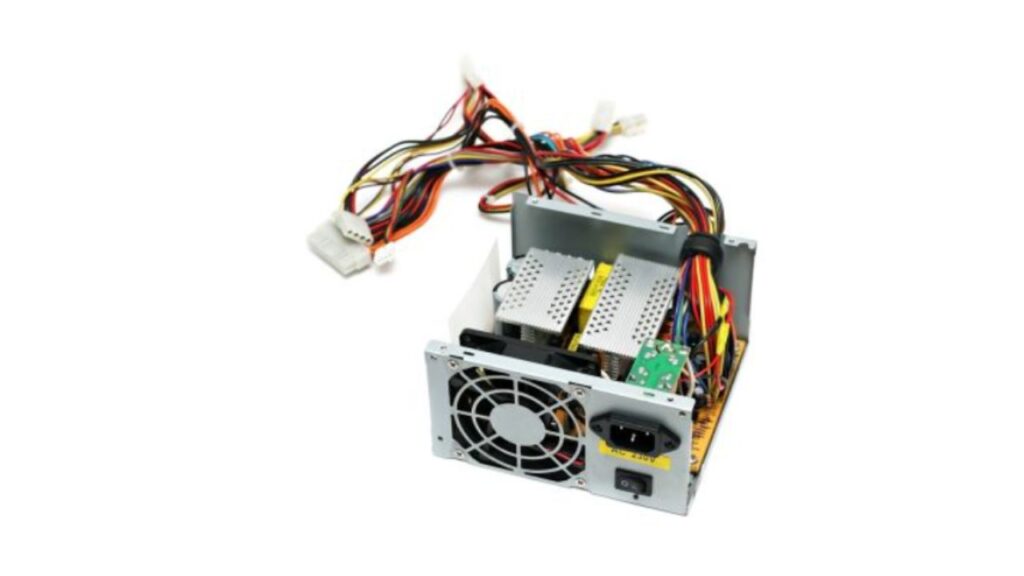In today’s digital age, where we rely on computers for almost every aspect of our lives, it’s easy to take computer hardware for granted. We often focus on the flashy software and applications that make our devices functional and entertaining, but we must recognize the fundamental importance of computer hardware.
Think of hardware as the backbone of your computer; it’s the foundation upon which all software and digital experiences are built. In this article, we’ll explore why computer hardware is crucial in the world of technology.
What is Computer Hardware?
Computer hardware is a collective term that describes any physical component of an analog or digital computer. The concept of hardware serves to differentiate the physical elements of a computing device from software, which encompasses machine-readable written instructions or programs responsible for directing physical components in executing specific tasks at designated times.
Hardware and software are complementary. A computing device can operate efficiently and produce useful results only when the hardware and software work together properly.
Computer hardware falls into two primary categories: internal and external components. Internal hardware components are essential for the computer’s core operations, ensuring proper functioning. In contrast, external hardware components are peripherals or devices connected to the computer to expand or improve its capabilities.
Hardware Defines Performance
The most apparent reason for the importance of computer hardware is its direct impact on performance.
The capabilities of your computer’s RAM (Random Access Memory), GPU (Graphics Processing Unit), CPU (Central Processing Unit), storage devices, and other components determine how fast and efficiently your computer can process data and run software.
For instance, a high-end CPU can execute complex calculations swiftly, allowing seamless multitasking and faster program execution. Meanwhile, a powerful GPU enhances graphics and video rendering, making gaming and video editing a smooth experience.
The amount and speed of RAM affect how many applications you can run at one time without slowing down your system. Faster and larger storage drives improve data access times and enable quick file transfers.
In summary, the quality and specifications of your computer’s hardware directly impact its overall performance, determining how efficiently you can accomplish tasks and enjoy your digital experiences.
Hardware Enabled Software
Software, the applications and programs we interact with daily, wouldn’t function without the underlying hardware. The software relies on hardware to process and execute instructions.
The CPU, for example, interprets and executes the code written in software programs. The more powerful and efficient the hardware, the smoother and faster the software runs.
Moreover, specialized hardware components like GPUs are essential for demanding tasks such as 3D rendering, artificial intelligence, and cryptocurrency mining.
In these cases, hardware acceleration significantly speeds up computations that software alone couldn’t handle efficiently.
Hardware Diversity Meets Varied Needs
The computer hardware market offers various options to meet different needs.
Whether you’re a casual user, a professional content creator, a gamer, or a data scientist, there’s hardware designed specifically for your requirements.
Gamers benefit from high-performance GPUs and fast refresh rate displays, while content creators rely on powerful CPUs and ample RAM for video editing and rendering.
Servers and data centers, on the other hand, require robust hardware for continuous uptime and efficient data processing.
Advancements Drive Innovation
Innovation in computer hardware drives progress across all technology sectors.
As hardware components become smaller, faster, and more efficient, it opens doors to new possibilities in software development, artificial intelligence, scientific research, and more.
For instance, advances in CPU technology have made it possible to run complex simulations and perform once-inconceivable research.
Reliability and Durability
Good computer hardware is designed to be reliable and durable. This reliability is especially crucial in mission-critical applications, such as medical equipment, autonomous vehicles, and aerospace systems.
Hardware components undergo rigorous testing and quality control to ensure they can operate under extreme conditions and for extended periods without failure.
Conclusion:
In the digital age, computer hardware is the unsung hero that underpins our technological progress. It defines the performance of our devices, enables the software we use, and caters to a diverse range of user needs.
With robust and innovative hardware, the modern computing landscape, from smartphones to supercomputers, exists as we know it.
So, the next time you fire up your computer or smartphone, take a moment to appreciate the importance of the hardware that powers your digital world. Comment here.
Also read – >>> What are the Types of Equipment Used in Computer Hardware Maintenance?

